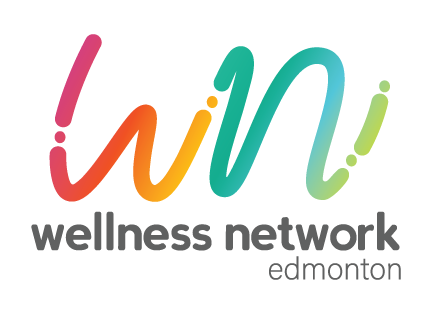Recovery College
Recovery colleges seek to empower people to share their own story and experiences and offer education and support to people on their unique recovery journeys.
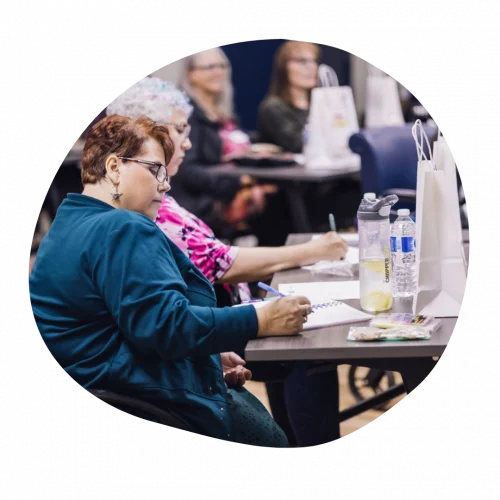

The first Recovery College was established in America in the year 2000.
The purpose of a recovery college is to support people’s recovery from mental health challenges through education opportunities that are developed in partnership by people with lived experience and mental health professionals.
Recovery colleges aim to provide a safe trauma informed space that offers the community easily accessible courses to learn new skills (complimenting traditional clinical support). Community members alongside Peer Facilitators form connections with others in a setting that supports an individual’s ability to determine their recovery journey and gain hope for better health outcomes.

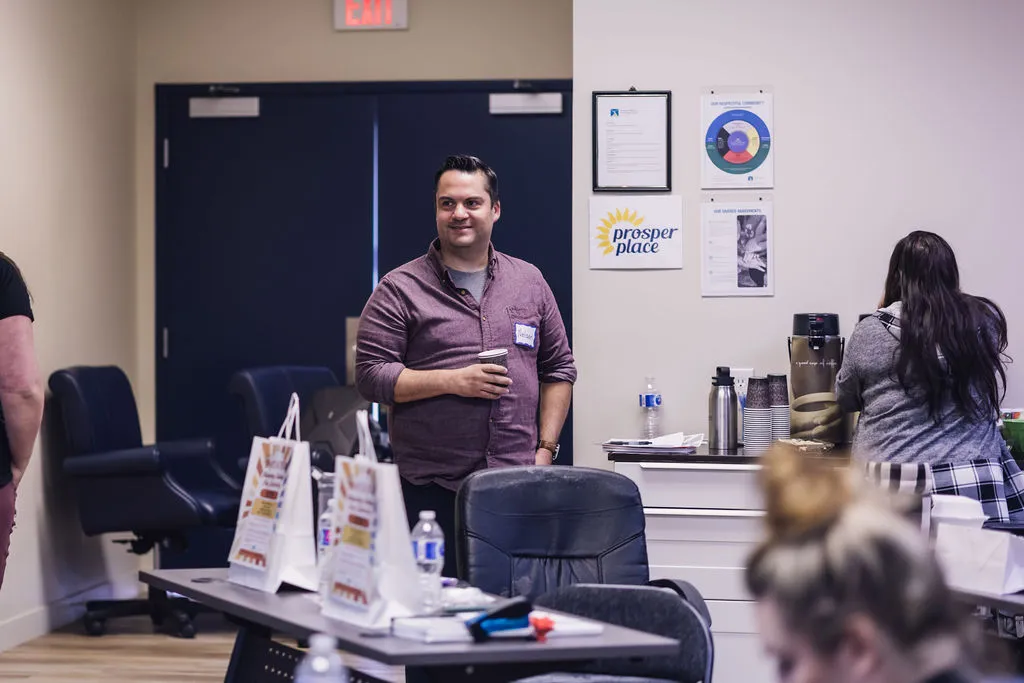
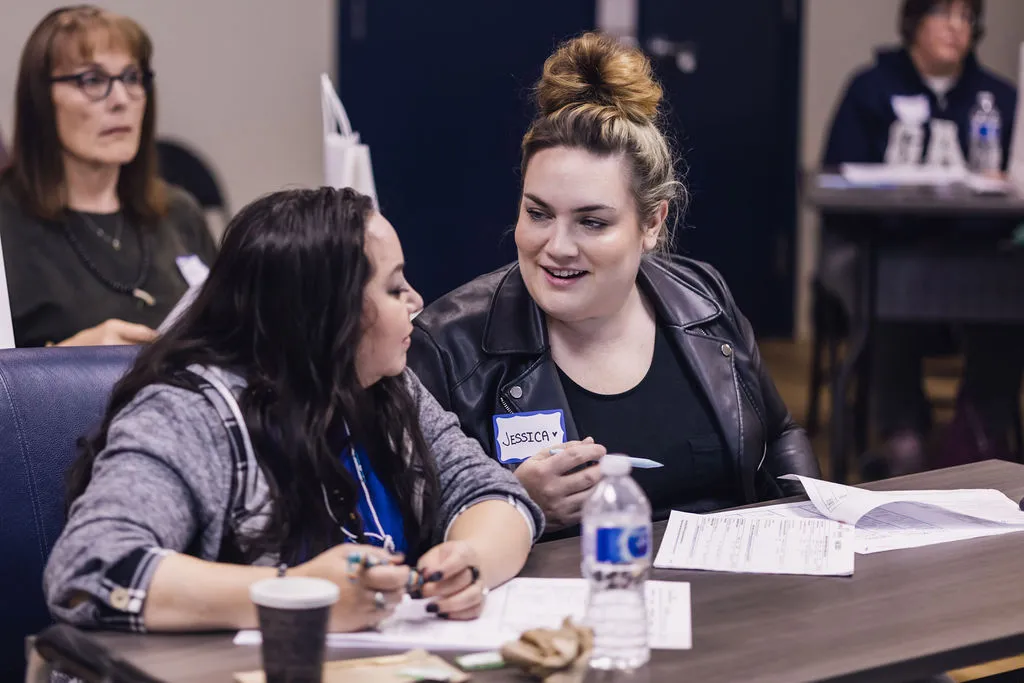
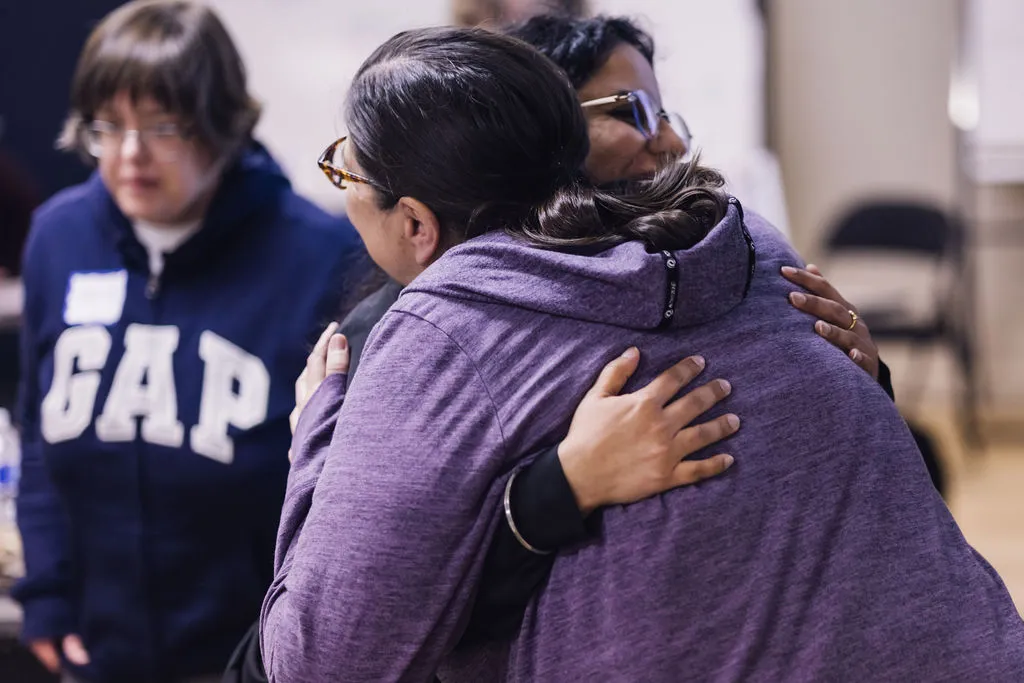
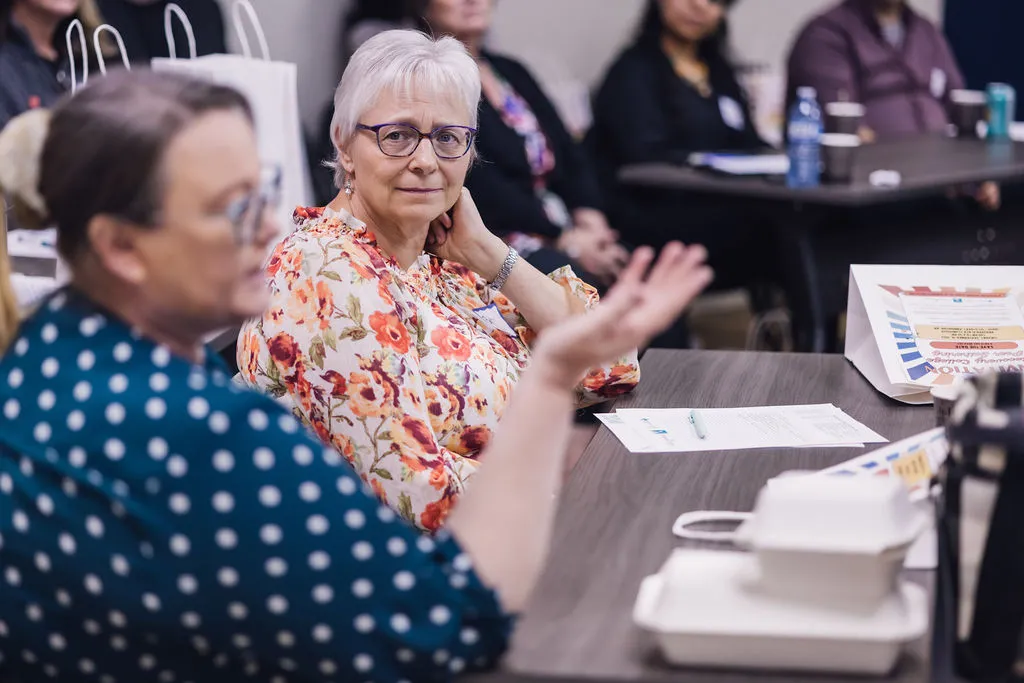
The Wellness Network offers recovery college courses which are co-produced and co-facilitated by people with lived experience (PWLE) of mental health issues, addictions, and trauma, with the support of mental health professionals. Recovery colleges seek to empower people to share their own story and experiences and offer education and support to people on their unique recovery journeys.
Co-production and co-facilitation mean all developers of our courses and all our course facilitators will have their own experiences with mental illness, addictions, or trauma. Peer Facilitators draw from their own life and speak from a place of understanding and experience rather than through a clinical approach. This personal perspective allows the facilitators to create a genuine connection with participants
Our Recovery College Courses
Our Goals, Values, and Guiding Principles

Vision
Exploring strengths through self-directed learning and sharing of lived experience.

Purpose
Creating opportunities for people to learn about their wellness and recovery journey.

Mission
Empower individuals through peer led, community driven, recovery-oriented education.

Values
Hope and Self-determination

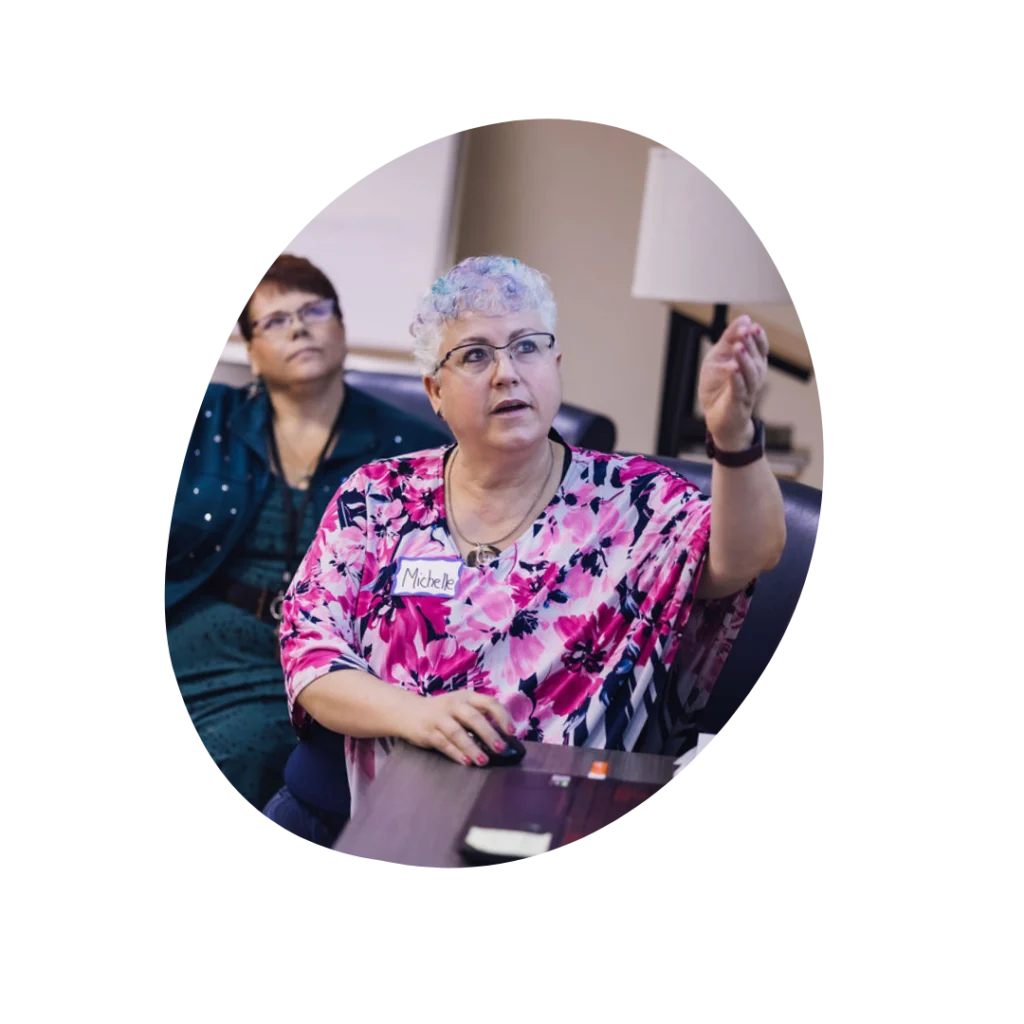
Guiding Principles
- Wellness Network offers recovery college courses and programs that are designed and delivered using educational and recovery-oriented principles.
- Wellness Network offers recovery college courses and programs that are co-produced and co-facilitated by people with lived experience with mental health issues and/or addiction challenges.
- Wellness Network is committed to a community development approach to planning and delivery. Community members’ voices are valued and equally important in planning and decision-making processes.
- Success is measured and evaluated in relation to participants having a valuable and meaningful learning experience, feeling supported, working toward personal goals, and gaining hope.
- Wellness Network recognizes individuals can determine the best path for their recovery and must be supported along their unique journey.
- Wellness Network embraces and values diversity, prioritizing equity, inclusion, and mutual respect.
